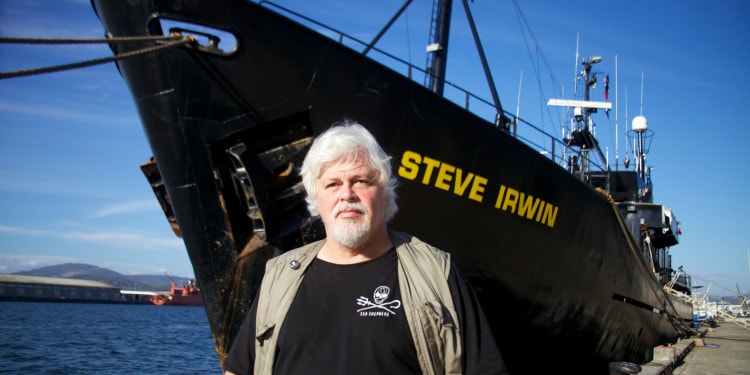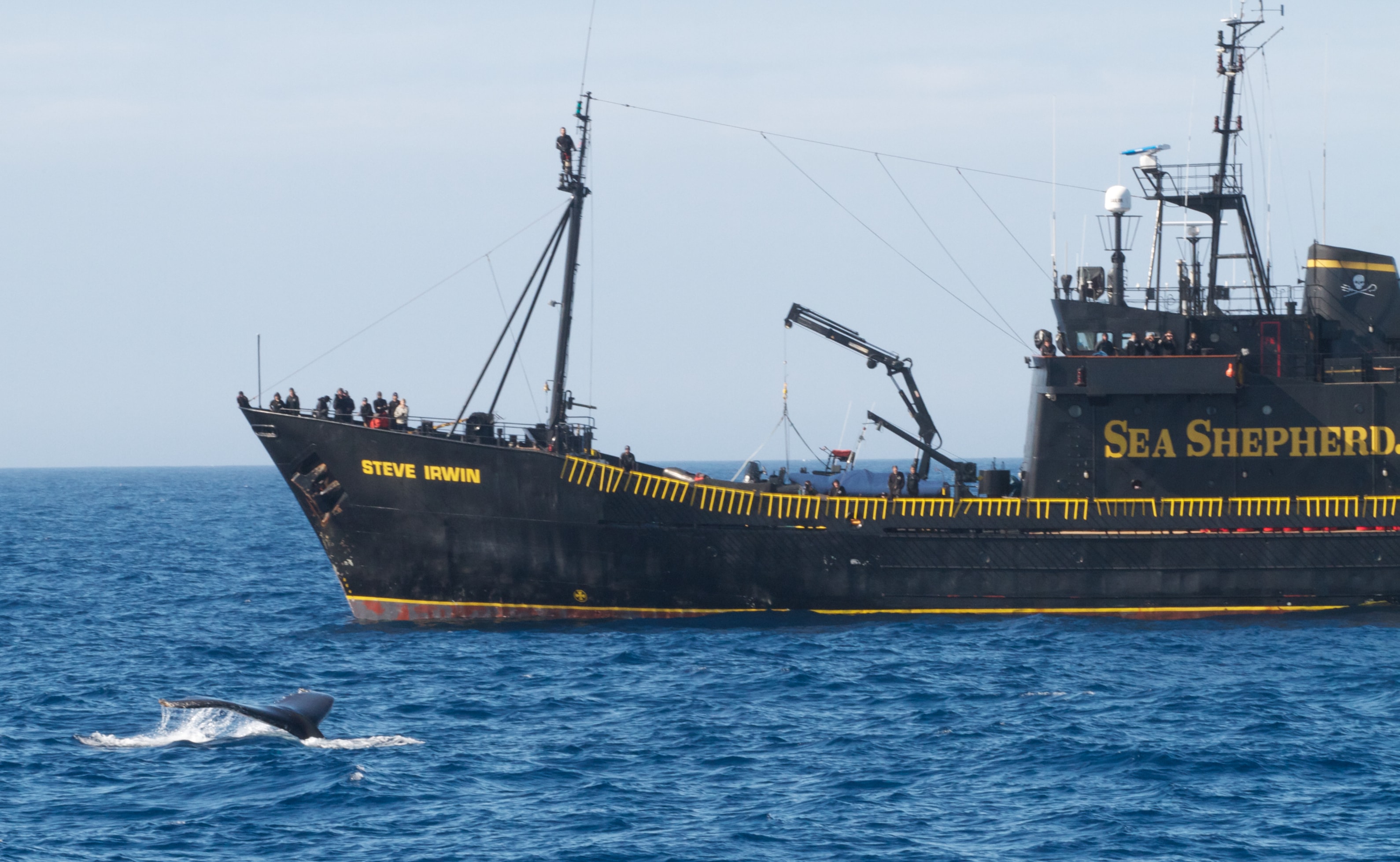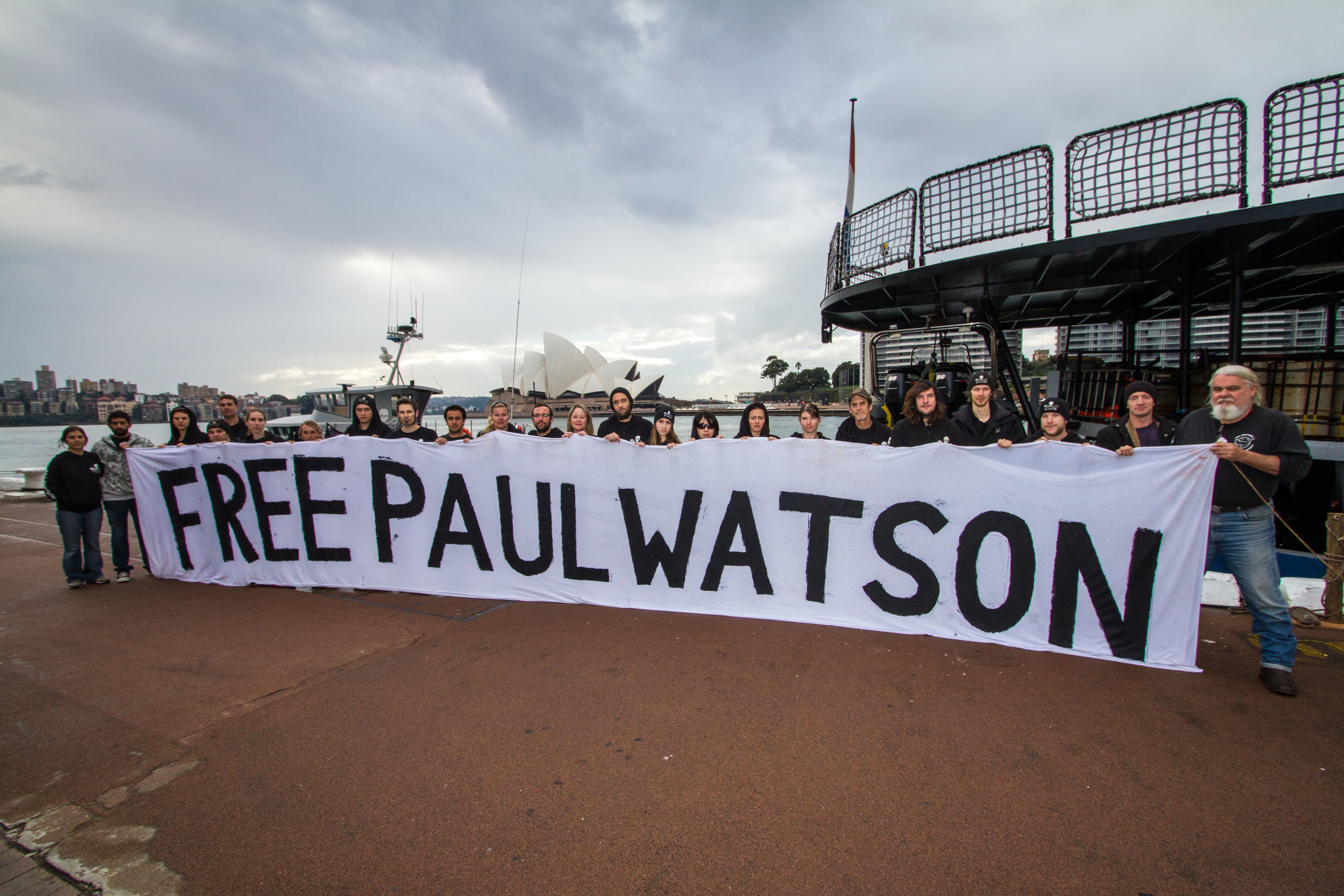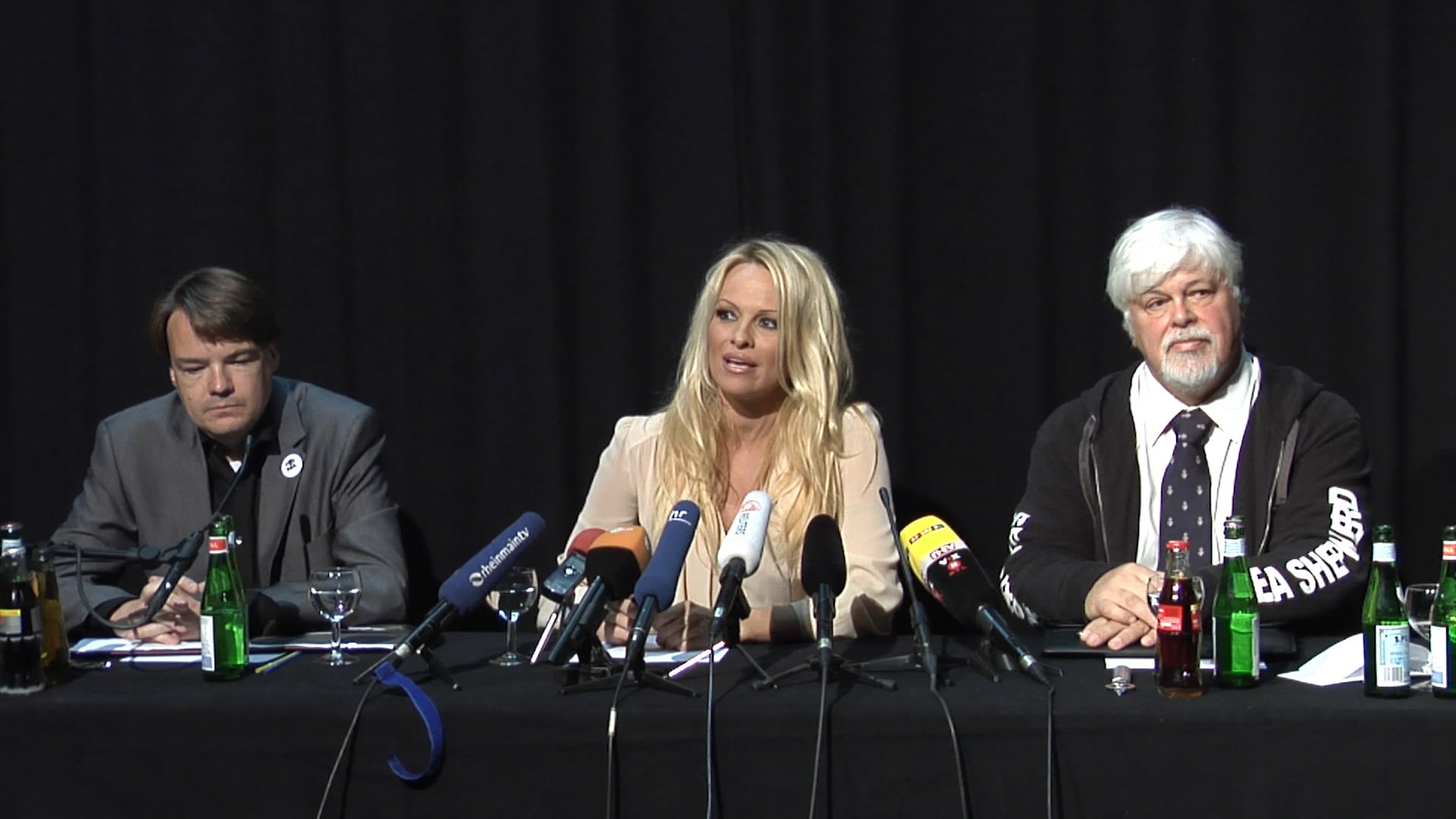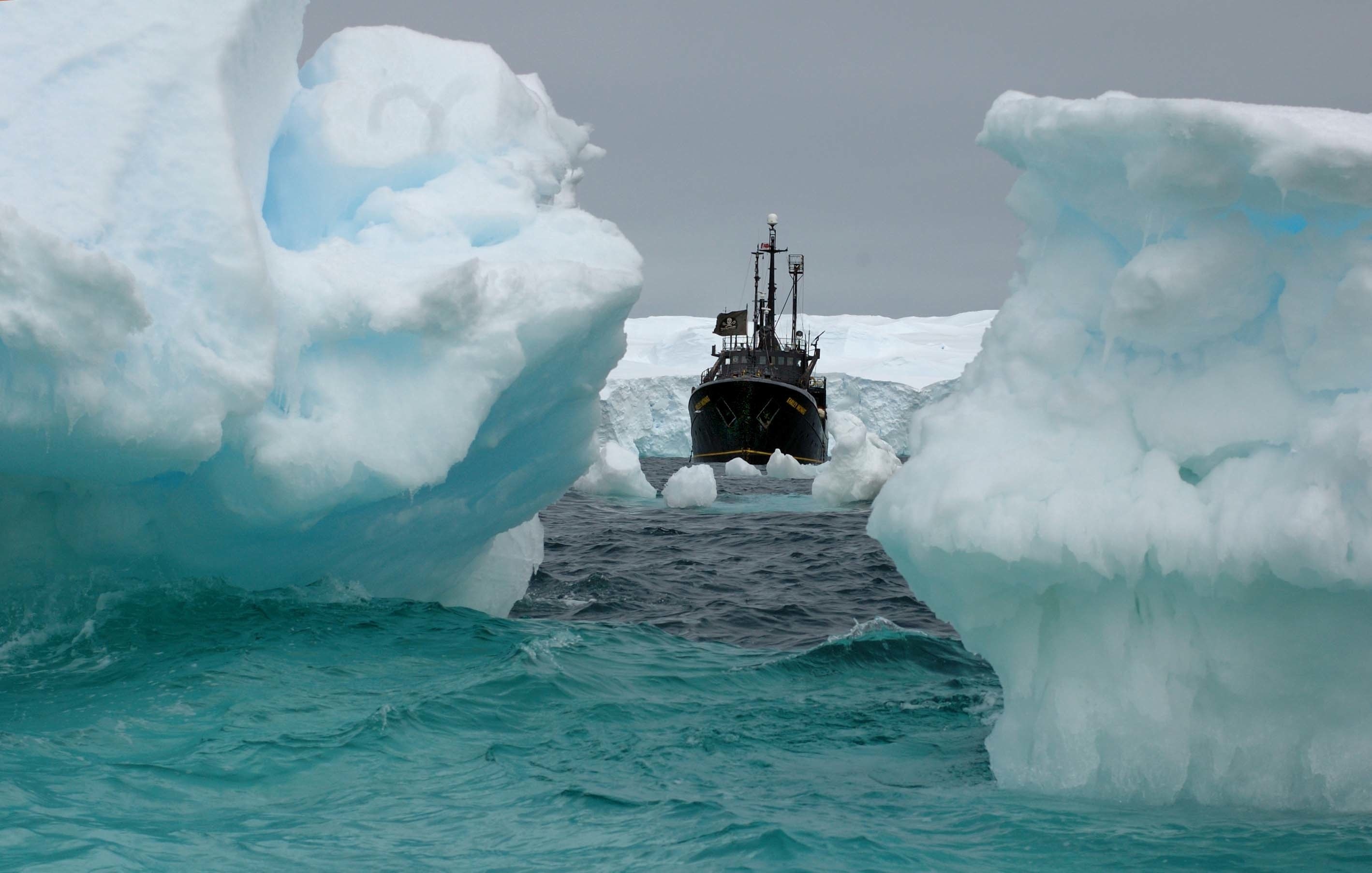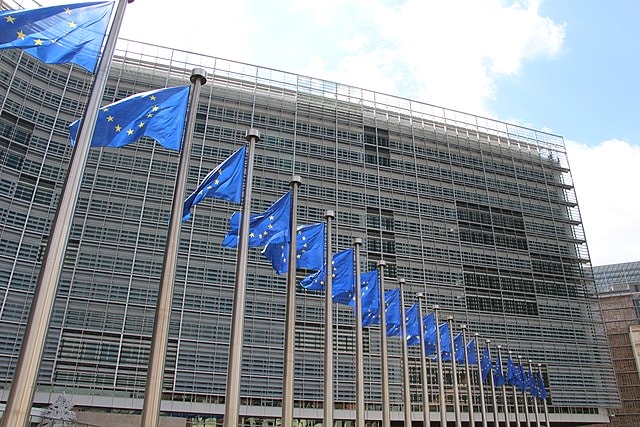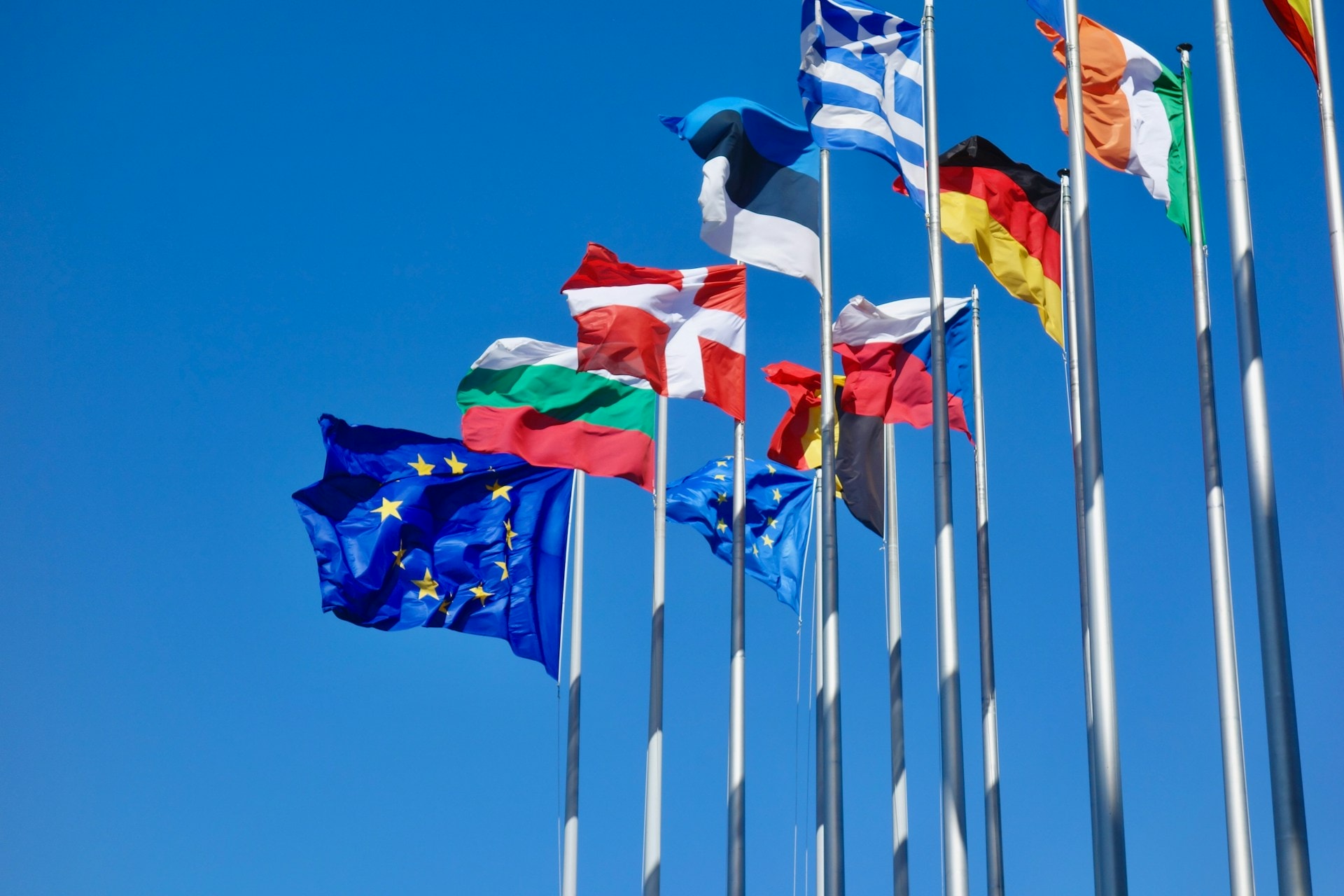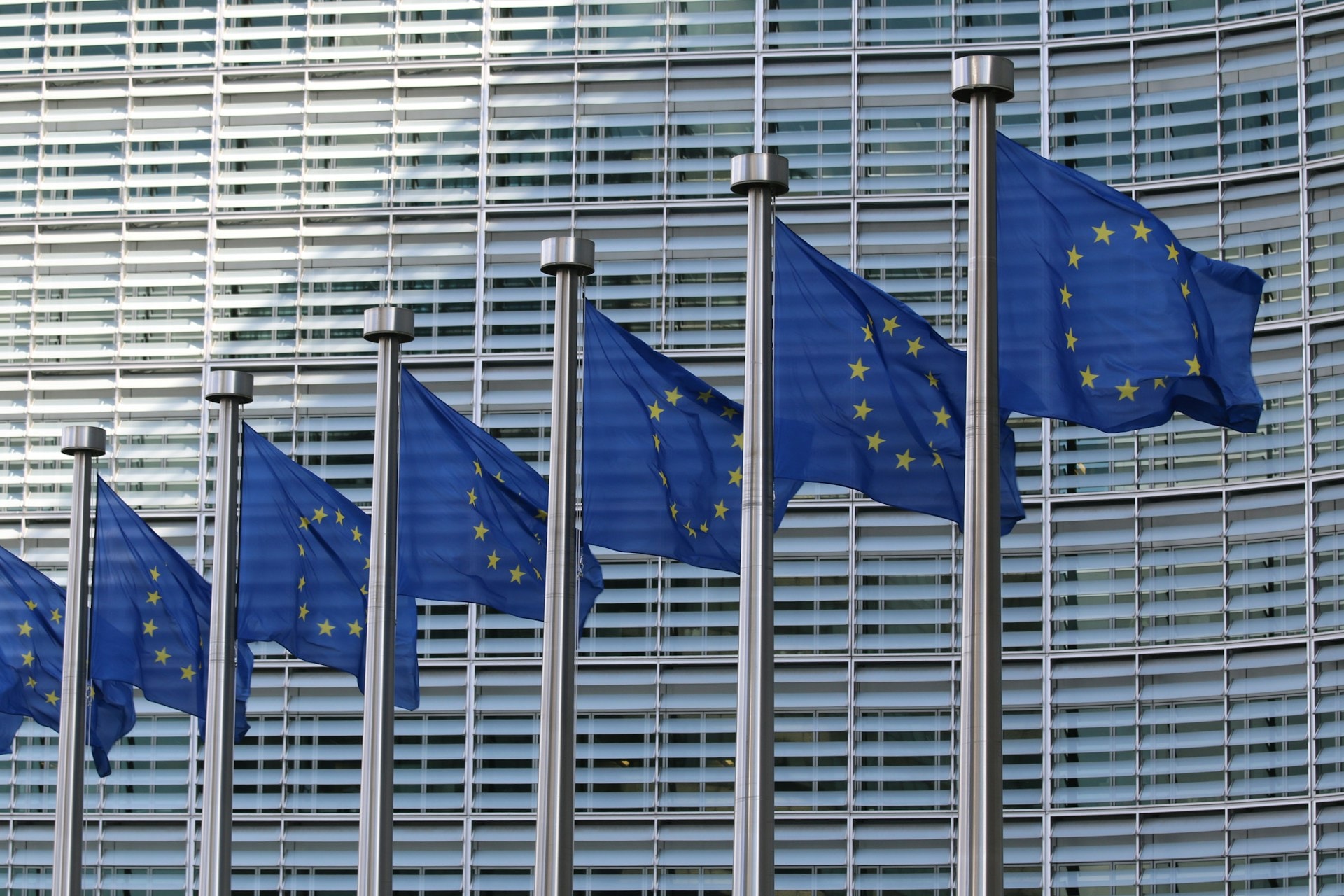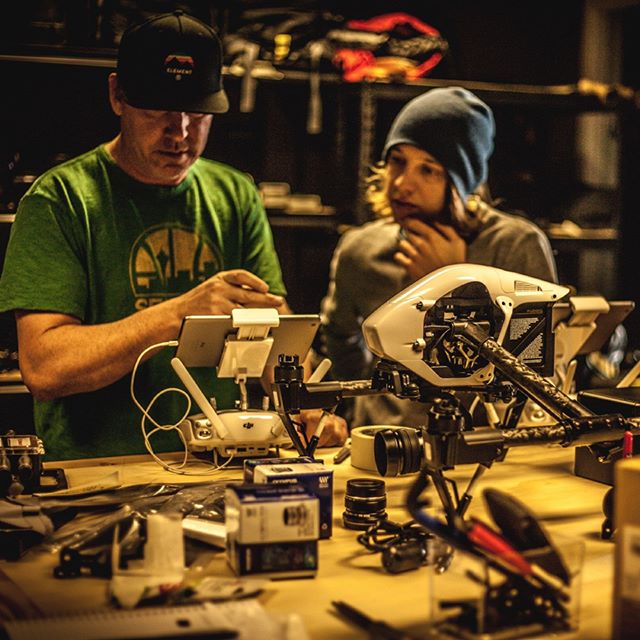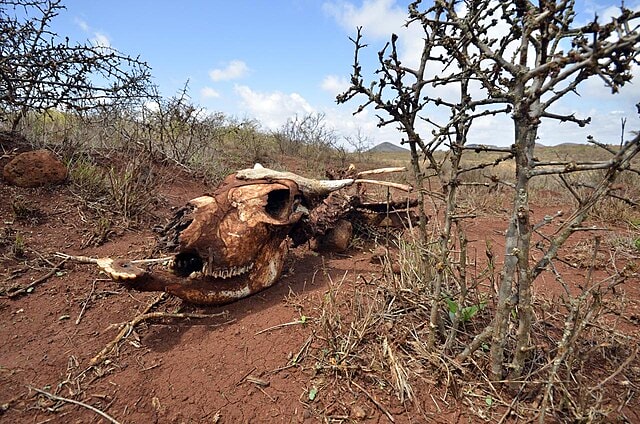Editor’s Note: This is a Part I of an interview series collaboration between Michele Sciurba, Sarah Schuster and Captain Paul Watson. A word about Captain Watson. Born in 1950, a native of Toronto, he has dedicated his life to marine conservation and environmental activism. In 1969, Watson started out by joining a Sierra Club protest against nuclear testing at Amchitka Island. In 1972, he became a founding member of Greenpeace where he stood for a strategy of direct action in contrast with Greenpeace’s policy of nonviolence. He left Greenpeace in 1977 and that year founded the Sea Shepherd Conservation Society, an anti-poaching and direct action group supporting marine conservation. He co-founded Earthforce Environmental Society in 1977 and Friends of the Wolf in 1984 and has worked as a field correspondent for Defenders of Wildlife and a field representative for the Fund for Animals in the late 1970’s and 80’s. In 1993, he published Earthforce! An Earth Warrior’s Guide to Strategy providing guidelines for an effective ecological strategy, based on his own experience and followed it up in 1995 with Ocean Warrior: My battle to End the Illegal Slaughter on the High Seas. He received the Jules Verne award in 2012, in the category of environmentalists and adventurers, becoming the second person after Jacques Cousteau to be so honored. His activities have also led him into legal complications with a number of countries, costing him a portion of his freedom. Since 2013, he lives in Paris.
We met Captain Paul Watson and his wife Yana Rusinovich on the occasion of the United Nations Climate Change Conference in Paris only one week after the Paris attacks that aimed to kill as many innocent victims as possible. This tragic event was one issue weighing heavily on our minds. The dying of our oceans and the extinction of numerous animal and plant species was another: 50 percent of currently existing species will disappear from our planet by the end of the century if we don’t change the course of our actions. It was impressive to see how Paul Watson kept his spirit up with a great sense of humor, a positive attitude and a highly empathetic approach. “You can take down an individual, you can take down an organization, but you can’t destroy a movement,” he said, knowing that we all must work together to solve a problem that is certainly bigger than all of us. This is an edited transcript of our conversation.
Part One
Escape from Germany & The Rules of Media
Michele Sciurba: We were shocked to hear you were arrested in Frankfurt. We live in Frankfurt. Were you aware at the time that there was a Red Notice out against you?
Paul Watson: There wasn’t a Red Notice against me when I was arrested. When I landed in Frankfurt, I wasn’t even aware there was a warrant. They just said: “Well, there is a warrant for your arrest.” But from who? “Costa Rica,” they said. Costa Rica? I haven’t been to Costa Rica for ten years. How can there be an arrest warrant against me?
Sarah Schuster: What happened next?
PW: They brought me in and arrested me. The next day they took me to prison. The judge actually said that it was silly, that I’ll be out in a day or so. The prosecutor also said it was ridiculous. For some reason, it just went on and on. The Minister of Justice Sabine Leutheusser-Schnarrenberger received all sorts of petitions, hundreds of thousands of names but she just ignored them and did what she was going to do. I was quite happy to hear that she was defeated in the election and her party was voted out. She was the one responsible.
SS: At what point was the Red Notice issued?
PW: I wasn’t put on the Red List until after I left Germany. Costa Rica had obviously put out the extradition arrest. Japan had me on the Blue List, but Interpol had turned down both Costa Rica and Japan on the Red List. Germany got me on that list. It wasn’t Costa Rica, it wasn’t Japan. It was Germany.
MS: Germany? We were not aware of this.
PW: It was a month after I left Germany that they put me on the Red List and I think it was the idea of the German Minister of Justice. Interpol didn’t believe the Japanese or the Costa Ricans but went with the Germans, you know.
In the Photo: The Sea Shepard with a humpback whale (2011). Photo Credit: Gary Stokes/Sea Shepard
SS: The events that led to the allegations which resulted in your arrest happened ten years ago, right? How was that possible?
PW: We’ve been involved with Cocos Island in Costa Rica for many years. When we went there in 2001, a large Ecuadorian long liner was catching sharks but the rangers had no boats so they couldn’t do anything. They were actually afraid because they thought we were poachers. I radioed them and asked if they needed assistance. They said yes. Together we arrested the San Jose. The San Jose became the first boat in Costa Rican history to be seized by the court and confiscated for illegal fishing. We counted the nets and there were 300-400 sharks. This was two miles off shore of a marine reserve. Because of that we got invited to work with the Costa Rican Ministry of Environment. The next year, I was on my way to meet with the Minister of Environment and as we were traveling through Guatemalan waters we came across a Costa Rican boat illegally catching sharks. I called up the Guatemalan government which asked us to stop them. I said yes. We used water hoses cause they just refused to stop – without damaging any property or hurting anybody of course. We didn’t think anything of it but when we arrived in Puntarenas, suddenly I’m charged with eight counts of attempted murder because the fishermen said I tried to kill them.
MS: What was your reaction?
PW: We were not too worried about it because we were making a movie called Shark Water with Rob Stewart at the time and in the movie Rob filmed everything, absolutely everything. We had film, photographs and 35 witnesses against eight fishermen who were undocumented and poaching. When we went to court they looked at all the evidence and dismissed the charges, so I was free to go. A week later the police arrested me again. This time on eight counts of assault. Back in court, we showed the film and the witnesses testified. Again, the charges were dismissed with a clearance to leave. I never heard another thing until ten years later when I arrived in Frankfurt. Ten years had passed! And now the charge was changed to shipwreck-endangerment which is terrorism. It’s interesting that it all happened while Laura Chinchilla, the President of Costa Rica, was meeting with the Prime Minister of Japan in Tokyo. One month after I was arrested while I was in Frankfurt, Japan delivered a 9 million dollar gift to the Costa Ricans.
MS: I think the President of Costa Rica was in Germany when you were arrested that day, too.
PW: It was politically motivated.
MS: She probably asked the Germans to make a case where there was no case.
PW: The accusation against me was also interesting because it said that this took place in international waters but gave a position in Guatemalan waters. The accusation was self-contradictory. But the courts refused any appeal. They told me to come to Costa Rica. I thought, if I go to Costa Rica I can very well be found not guilty but they would put me on the next plane to Japan.
SS: What was your feeling after you left Frankfurt?
PW: I stayed two months in Germany. Then we got a contact from somebody in the Ministry of Justice who said that on Monday they were going to arrest me when I came to report to the police in Frankfurt and they would send me to Japan. Not Costa Rica but Japan! There was no way that was going to happen, so I left and drove to the Netherlands. Sea Shepherd France sent up the Columbus to pick me up in the Netherlands and we crossed the Atlantic. There I transferred to the Brigitte Bardot and then from the Brigitte Bardot to the Steve Irwin off of American Samoa across the Atlantic and across the Pacific.
SS: How long did it take?
PW: I traveled through August, September and October, actually through November – it was a long trip. We went down to New Zealand. I had three boats so that I could get on one while sending another in for fuel. The New Zealanders knew I was there and tried to arrest me on a boat but I wasn’t on it. Then we did a campaign in the Southern Ocean – that would be January, February and into March. We went around to Kerguelen Islands in the Indian Ocean. In the middle of March, I transferred back to the Brigitte Bardot from the Steve Irwin off of Tasmania. I spent March until September in Tonga, Samoa, New Caledonia, Vanuatu and the Great Barrier Reef, so basically on islands where nobody lived. Only on a few Tongan islands were some Tongans who didn’t really care. (laughs) It was a beautiful experience. I mean, I was out there with sharks, turtles and birds. Everything was quite nice. All these islands – it was beautiful being on these unpopulated islands.
In the Photo: Crews holding ‘Free Paul Watson’ Banner Photo Credit: Sea Shepard Conservation Society
SS: What was happening meanwhile?
PW: Meanwhile my friends were working on getting the US State Department to look into it. The reason why the Japanese want me is that in 2010 we had a vessel called the Ady Gil. It wasn’t our boat but it was working with us. The Japanese cut it in half. They totally destroyed a 2 million dollar boat and didn’t have to answer to anybody – no consequences. The captain of the Ady Gil, a man named Pete Bethune, boarded the Japanese to confront the captain who had just destroyed his boat. I am on camera saying »I don’t think this is a good idea, I advise you not to do it«, but he did it anyway and got arrested. He said, he didn’t care if he got arrested and that he was ready to do time. So they took him all the way back to Japan where he made a deal with them: a suspended sentence in exchange for an accusation that I ordered him to board the boat. Then, I’m charged with conspiracy to trespass. Nobody in history has ever been put on the Red List for conspiracy to trespass. No property damage, nobody was hurt, no money was stolen, no state secrets were sold, nothing. I mean, the Red List is for serial killers and war criminals. So the accusation resulted in my being put on the Blue List, which meant that everywhere I went from 2011, I would always be stopped for questioning whether in South Africa or wherever and the information would be sent to Japan. Just to keep tabs on me. While I was at sea, our lawyers went to Bethune who agreed to sign an affidavit saying he lied to the Japanese, which he did. Because he signed the US State Department said that this was obviously a set-up. So I was given permission by the State Department to return to the United States.
MS: You have the US citizenship, right?
PW: I’m Canadian and American. I have both. But I had no papers or passport for 17 months after I left Germany. The Germans gave my passports back to the embassies. The US embassy gave my passport to my lawyer but the Canadians confiscated my passport, so it was good I had the American one. In fact, my lawyer gave my passport to two reporters from Der Spiegel who were traveling on the ship off Tasmania and gave it to me.
MS: While you were at sea for such a long time, you couldn’t be sure whether to return to the US or to go to France. What was your perspective at that time?
PW: I had assurances from the US State Department that I would not have a problem. When we came to Los Angeles, Bobby Kennedy Jr. was there to help me out. When we brought the boat in nobody was there. (laughs) It was really funny. A half hour after we landed, six uniformed Homeland Security guys came down. “Do you have your passport, Sir?” They looked at my passport. “Welcome home!” That was it.
SS: After a year, that was it?
PW: After 15 months there wasn’t a single question.
MS: Your lawyer told us you were injured at the time.
PW: Yes, I was sick when I left Germany. I had a leg infection.
SS: What was your mindset when you went to sea for 15 months with an injury and without knowing if you would get the ‘Welcome home?’
PW: I always tried to make the best out of what was happening. As far as I’m concerned, the 15 months were an adventure. The things that I was able to see: turtles coming to shore in Vanuatu and the jungle in Tonga, I’ve got no complaints about that.
MS: You were not scared about the situation?
PW: No, not really. The US TV show 60 Minutes came to the Barrier Reef and interviewed me. The Australians knew I was there. It was really interesting. When our boat went in one day the customs guy said, “We know what’s going on so just be careful.” (laughs)
SS: How did they know?
PW: It’s pretty hard to get into Australia. They are pretty strict on their border, especially by sea. We sent the Brigitte Bardot to Sydney to refuel. I had to had been on that boat. There was no other place. So when they came to clear the boat they didn’t come on board. Because there was a possibility I was on that boat, they didn’t want to know.
MS: Because if they had known they would have had to take action.
PW: Right, if they saw that I was there they had to do something. I could hear them talking outside. They were just talking about the weather and fish and then they went off.
MS: When you returned, why did you choose France?
Paul looks at Yana.(laughs)
SS: Your beautiful wife.
MS: This is a really good reason.
PW: Yana couldn’t come to the US because she has a Russian passport. She’s from Kazakhstan. But she lived in Paris for 15 years. She tried to get a visa and they wouldn’t give it to her, so I had no choice. I had to come here. When I landed in Paris she was at the airport. I walked up and showed my passport. Again, just like that. The police were watching me come in but there was no problem. Ever since, I’ve been here. I did a live TV show one day and the Japanese News media saw it. So when I came out of the studio the Japanese News crew was right there and asked me if I was worried about an extradition. I said, “No, France is not going to extradite me.” Just then, six police officers came up and said, “Are these people bothering you?”
In the Photo: Pamela Anderson and Paul Watson at a Sea Shepard press conference Credit: Sea Shepard
We Live In A Media Culture
MS: Environmental activists, in the public eye, are generally not seen as role models. But you are one. My niece is 18 now and she is very proud to wear her Sea Shepherd cap.
SS: We even saw a South Park episode about you. And there’s more, for example The Soup with Joel McHale on E! Entertainment, they frequently featured your Whale Wars episodes. Pop culture picked up on you.
PW: On South Park it was interesting because they did not make us look good. So I wrote up a response to South Park and to Trey Parker, one of the creators. They were really angry with me for writing it because I said I thought it was great. They wanted me to be pissed off.
SS: It was great because they obviously made the killing of whales and dolphins look worse.
PW: They made me look bad but the thing is, they make everybody look bad. I wrote them that I thought that this is perfect, this is mainstream media. You know what Trey Parker said in an interview? He said and this is his exact quote, “He’s fucking lying.” That’s what he said. I would think that he would understand. We even printed our own South Park T-Shirts with characters on it, we had a little cat called, ‘Vegan Pussy.’ Everybody said we can’t do that and that they will sue us. I said, “no, they can’t sue us but if they want to sue, this would be wonderful.” »Southpark files lawsuit«. Go ahead. Do it.
SS: It would be perfect press.
PW: You have to have a sense of humor on it. All media is good media. One of the reasons that Greenpeace became what it is was no accident. It is an organization founded by us, a group of journalists and broadcasters. I was a communications student in Vancouver and fortunate in having gone to university when Marshall McLuhan taught there. Marshall McLuhan was the guru of communications who wrote the books Laws of Media, The Gutenberg Galaxy and The Medium is the Message. He understood the means of media and that we live in a media culture. In order to survive you have to understand the rules of media. The camera is the most important weapon that has ever been invented. And what is media? It’s not just newspapers and magazines and TV, it’s everything. Last month I delivered a speech to the Russian government for the Ministry of Environment. I wrote it but I didn’t deliver it myself. Because they were not going to listen to me, I asked Pamela Anderson to deliver it. She got a standing ovation. Pamela Anderson is media and one of our directors now. I learned that lesson years ago when I took Brigitte Bardot to the ice off of Labrador in 1977. That guaranteed us a cover story on the German magazines Bunte and Stern.
SS: So you got your message across with a little detour?
PW: The funniest one ever was when Pierce Brosnan asked me to write a speech for him because he was invited to speak to NATO. I asked him why NATO would be asking him for a speech. “They seem to think I’m an expert on the Cold War,” he said. So I wrote a speech critical of NATO. He read it and they loved it because he’s James Bond. The joke is, we always say that in Sea Shepherd we have: William Shatner, Sean Connery, Pierce Brosnan, Christian Bale, Richard Dean Anderson, Martin Sheen and Pamela Anderson. But what we actually have is: MacGyver, two James Bonds, Batman, Captain Kirk and even the former president of the United States Martin Sheen. A lot of people in America think he was president. This is what media culture does. I said to Martin one time that he really should run for president. He could probably win. (laughs)
I’m not Sea Shepherd. Sea Shepherd evolved from an organization in the US to a global movement in 45 different countries . . .You can take down an individual, you can take down an organization, but you can’t destroy a movement.
In the Photo: Antarctic expedition (2005-2006). Photo Credit: Sea Shepard Conservation Society
The Dangers Of Being A Conservationist
SS: Did your escape change your perspective on Germany? You said you wouldn’t come back.
PW: Well, I wouldn’t come back because it’s not safe for me to come back.
SS: Right. Did your experience change anything in the way you look on the country?
PW: I don’t look on countries as countries. I don’t recognize countries. To me they are just abstractions that divide people. The planet doesn’t have lines on it, you know. Back a few years ago I went to a restaurant in the US called Medieval Times. You go there and watch knights on horse back. They are jousting and you get a medieval meal. It’s really an insight into nationalism because you don’t have any choice where you sit just like you don’t have any choice where you’re born. They sat us in the blue section – there’s also the red section, black section, yellow section – and you get to cheer for your knight. The blue knight. Which is fine. It’s fun. Except twenty minutes later the blue section hates the yellow section. The red section hates the black section. ‘Leave our knight alone!’ people shout. It’s a completely fabricated thing. It means absolutely nothing. The same thing is true with nationalism. It’s taking sides. It’s like tribalism, really. There is no difference among people.
SS: Does the escape and the whole story affect how you act today? Are there some traces in your current actions?
PW: Well, no. I mean, it affects what I do. I’m only here in France. Once we get a visa for Yana then we should be able to return to the US. I could go to Italy and it might be okay or it might not. You don’t know. I don’t think I’ll risk Germany. (laughs) What I never understood is that everybody in Germany was supportive. I met with the Mayor of Berlin, the prosecutor, the lawyers, the judges, everybody. I didn’t meet anybody walking down the streets in Frankfurt who wasn’t supportive. So why suddenly this decision just like that?
MS: It was surprising for all of us. Our impression was that there were bureaucrats working in clear favor of Costa Rica.
PW: And Japan.
MS: The accusation was nonsense and we all knew it.
PW: When I was in Germany I met with the Minister of Foreign Affairs for Costa Rica. He actually agreed to meet with me. I explained everything to him. He said that there is no evidence that these people were poaching. I said that we had it on film. It’s a poaching vessel. The same boat was arrested a year before in the Galapagos by the Ecuadorian government. “You have no evidence,” he said. I repeated that we have it on film and there is a record in Ecuador. “That’s irrelevant,” he told me.
SS: Was the evidence dismissed? I mean, it existed.
PW: They refused to acknowledge it. Costa Rica is incredibly corrupt, you’ve got drug lords sitting on your advisory boards. While I was at sea on May 31, 2014, Jairo Mora Sandoval was murdered on the beach at Moins. A 26-year-old conservationist was murdered for protecting turtles. The government’s first reaction was that it was an accidental death but he was beaten to death. So I put out a 30,000 dollar reward for information leading to the arrest of his killers and made such a big deal out of it that Laura Chinchilla called up The Tico Times and threatened them if they published articles by Paul Watson. “He’s a wanted felon and you’re not to do that,” she said. Tico Times answered that they were going to publish anything they wanted. The seven people who murdered Jairo Sandoval were actually arrested.
SS: They caught the murderers because of the attention you drew to it?
PW: Yes, they caught the murderers and put them on trial. They were all found not guilty.
SS: Not guilty?
PW: The prosecution lost the evidence.
SS: Lost? They thought your video evidence was irrelevant?
PW: The Costa Ricans were outraged about the whole thing.
MS: This is a really high level of corruption.
PW: When you look at it, every conservationist who has been murdered in Costa Rica is an unsolved case. There was another Canadian woman who was killed a few years ago: unsolved. Another one who was killed in 2001: unsolved. It’s extremely dangerous. This last year we put our crew to Costa Rica to protect turtles. We got attacked by turtle poachers and had to hire two security guards. Meanwhile we were doing the same thing in Honduras and in Columbia without any problems at all and had a 100 percent success rate in cooperation with The Honduran Navy. In Costa Rica – shark fins, turtle eggs, it’s disgusting. I find Costa Rica the most corrupt country in Latin America when it comes to environmental issues, but they’ve got great PR.
MS: Incredible.
PW: We worked with Columbia, Ecuador, Panama, Honduras and Guatemala and now Mexico. Costa Rica for some reason is the one real problem we have. Cocos Island is the key. Cocos Island is a way point for the transportation of narcotics. They don’t want any patrols there. Anybody who goes diving at Cocos Island has to pay a 200 dollar conservation fee. That is quite a bit of money. But when you talk to the rangers in Cocos Island they don’t get anything. They don’t have money; they don’t have boats. I have offered them two high speed former US coastguard patrol boats. Costa Rica refused.
MS: Do you think at the end of the day that the activities of Sea Shepherd change the world?
PW: I think so. One of the things the Japanese discovered when they came after me is that I’m not Sea Shepherd. Sea Shepherd evolved from an organization in the US to a global movement in 45 different countries. Sea Shepherd Germany is different than Sea Shepherd France but they all work together.
You can take down an individual, you can take down an organization, but you can’t destroy a movement.
Part II coming out Wednesday 20 January 2016. Don’t miss it.


